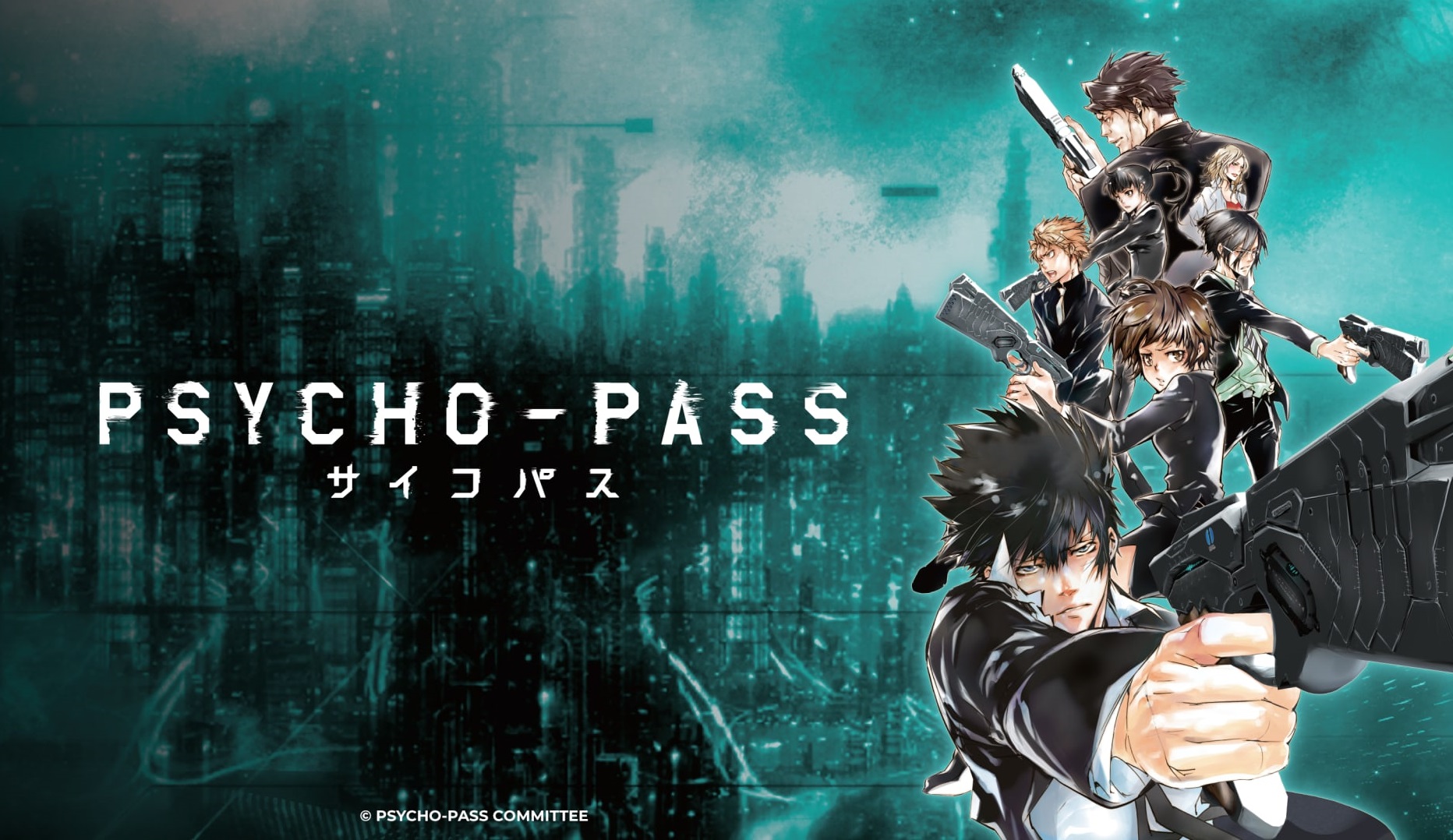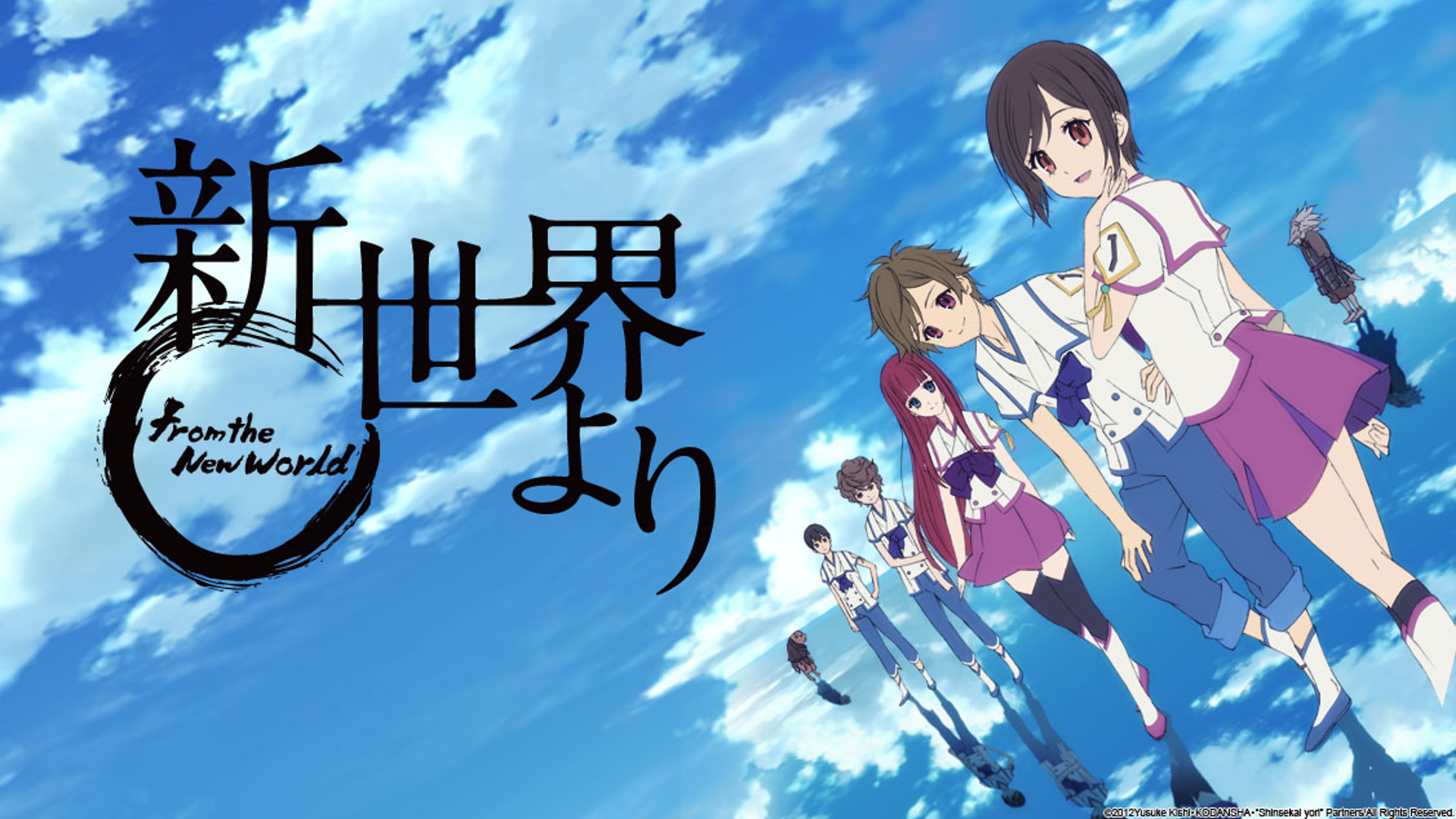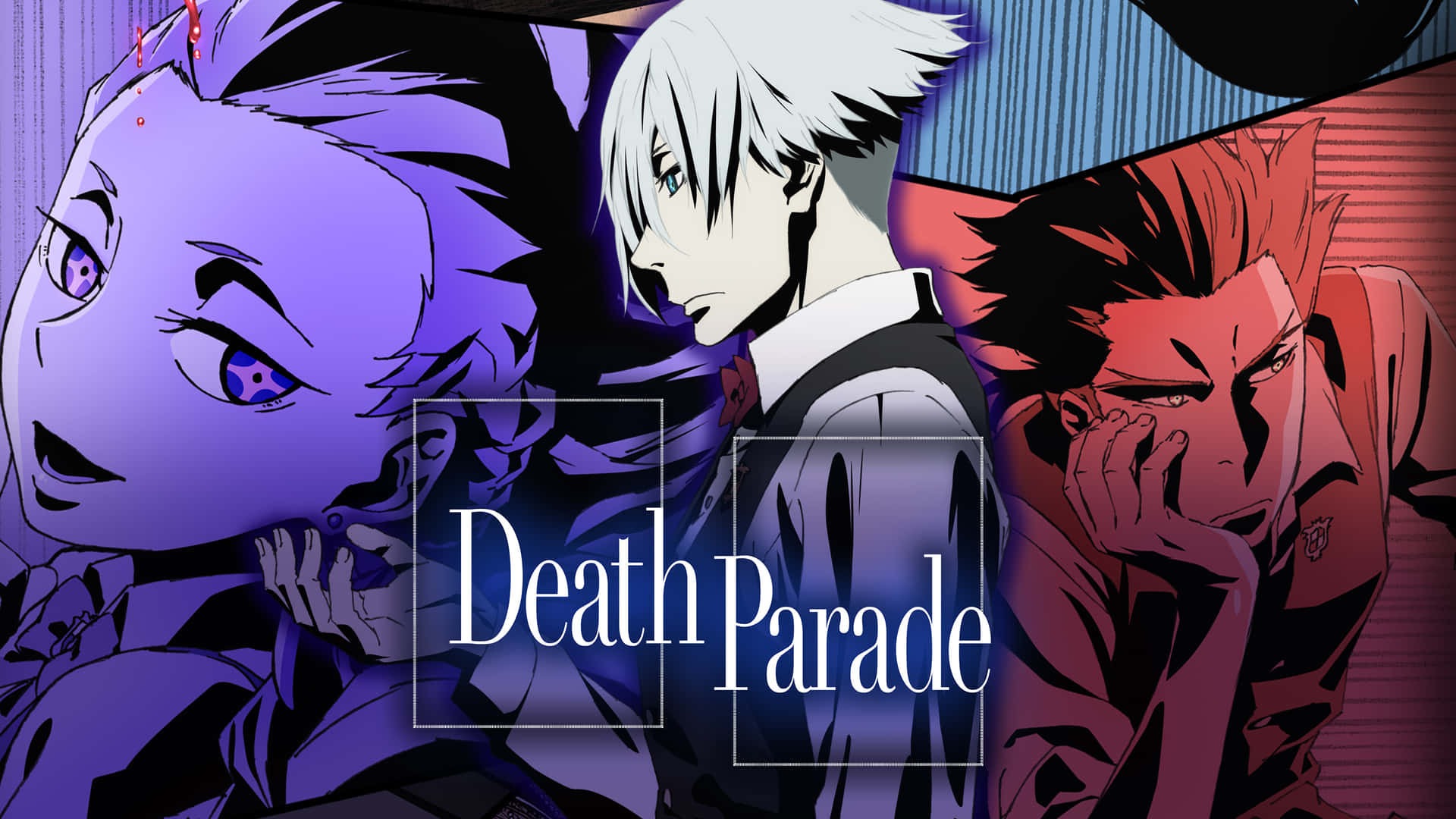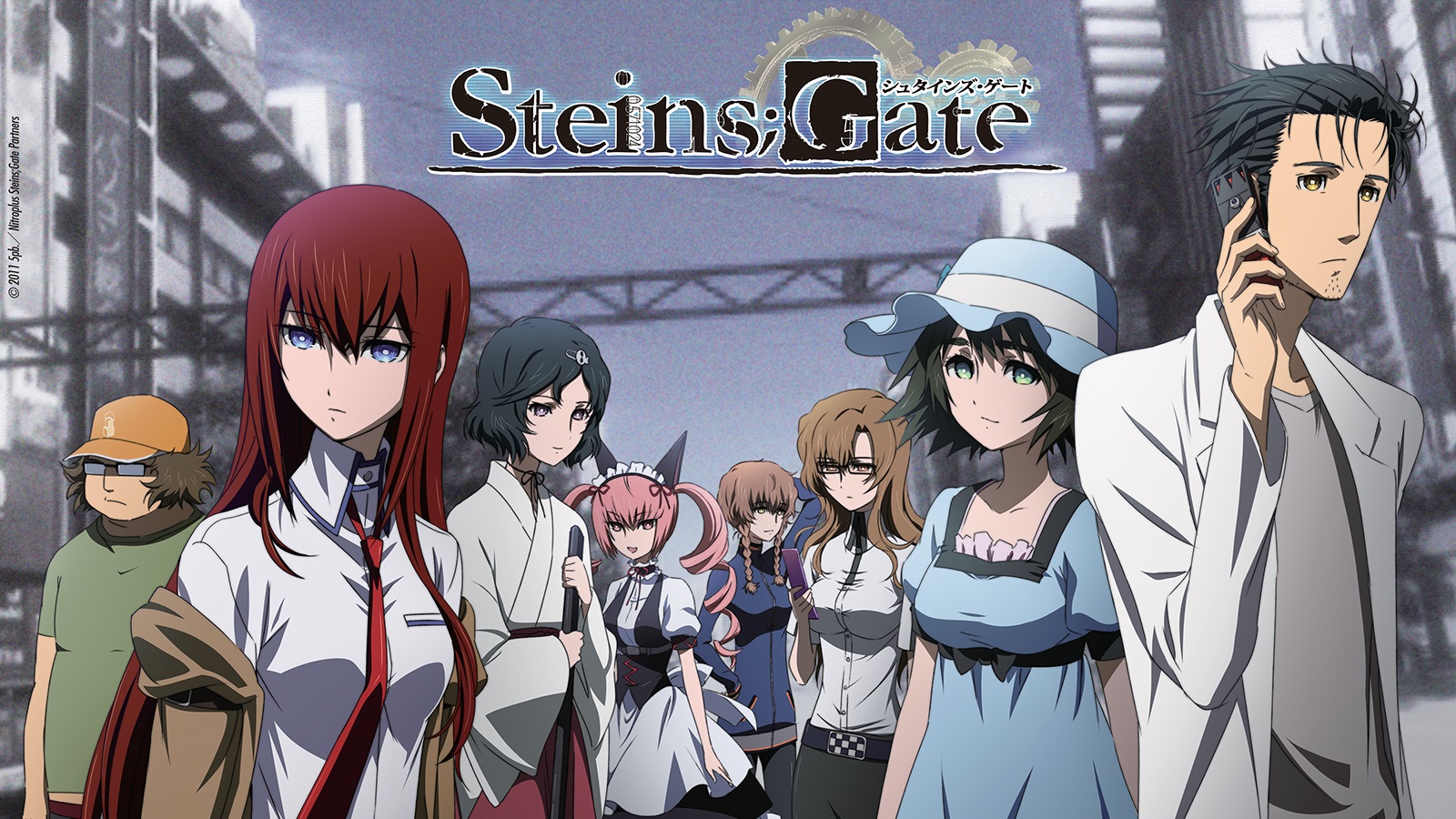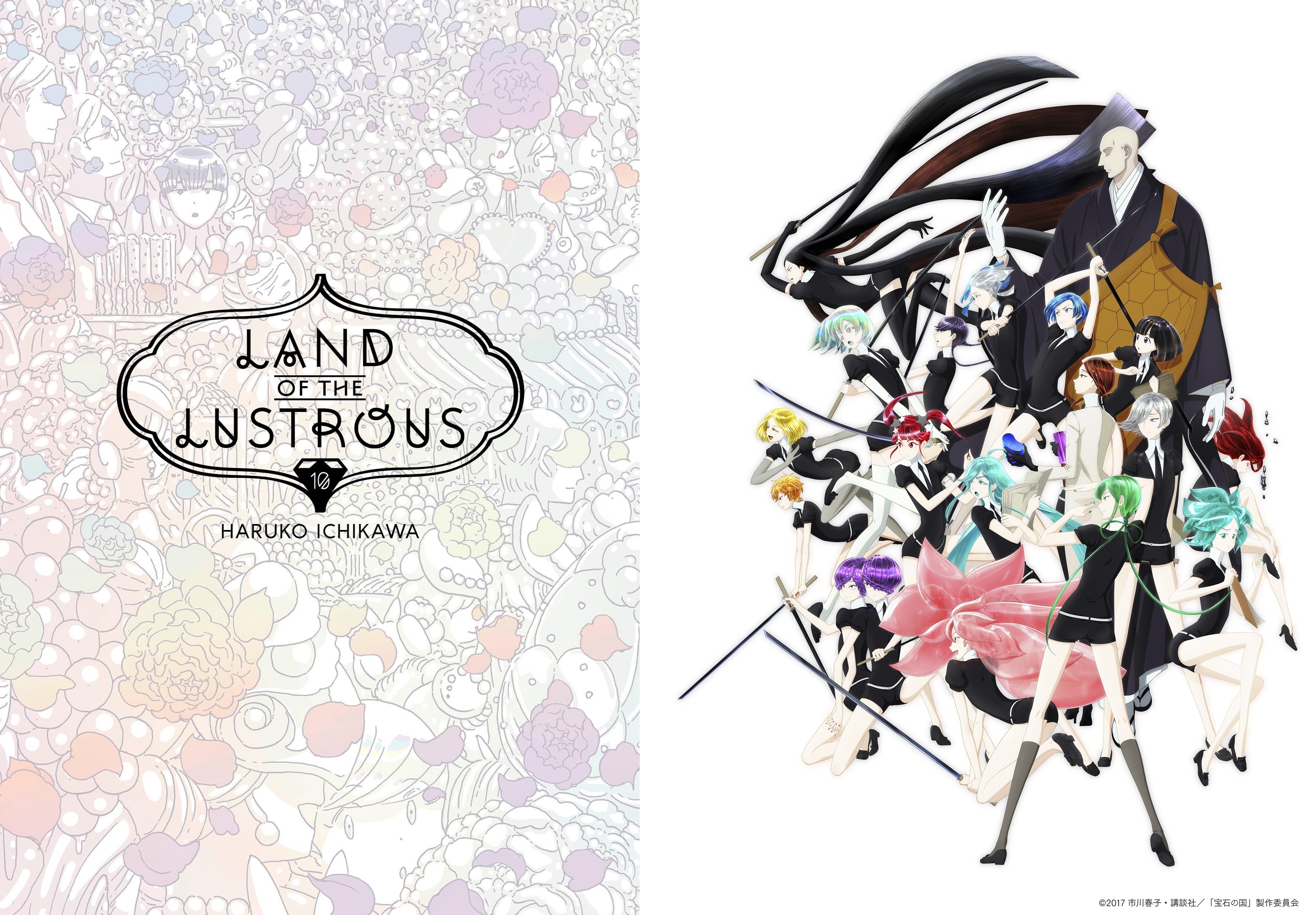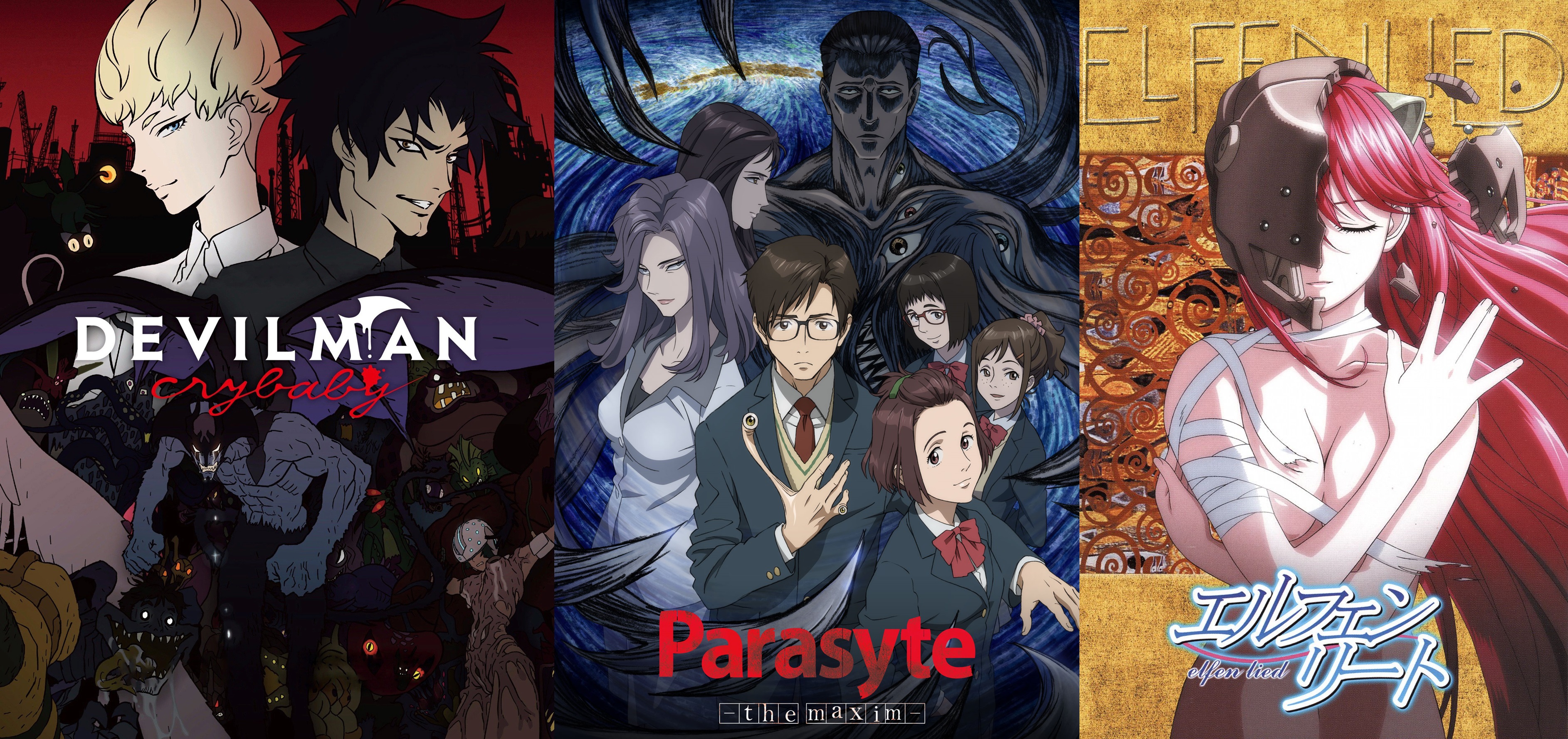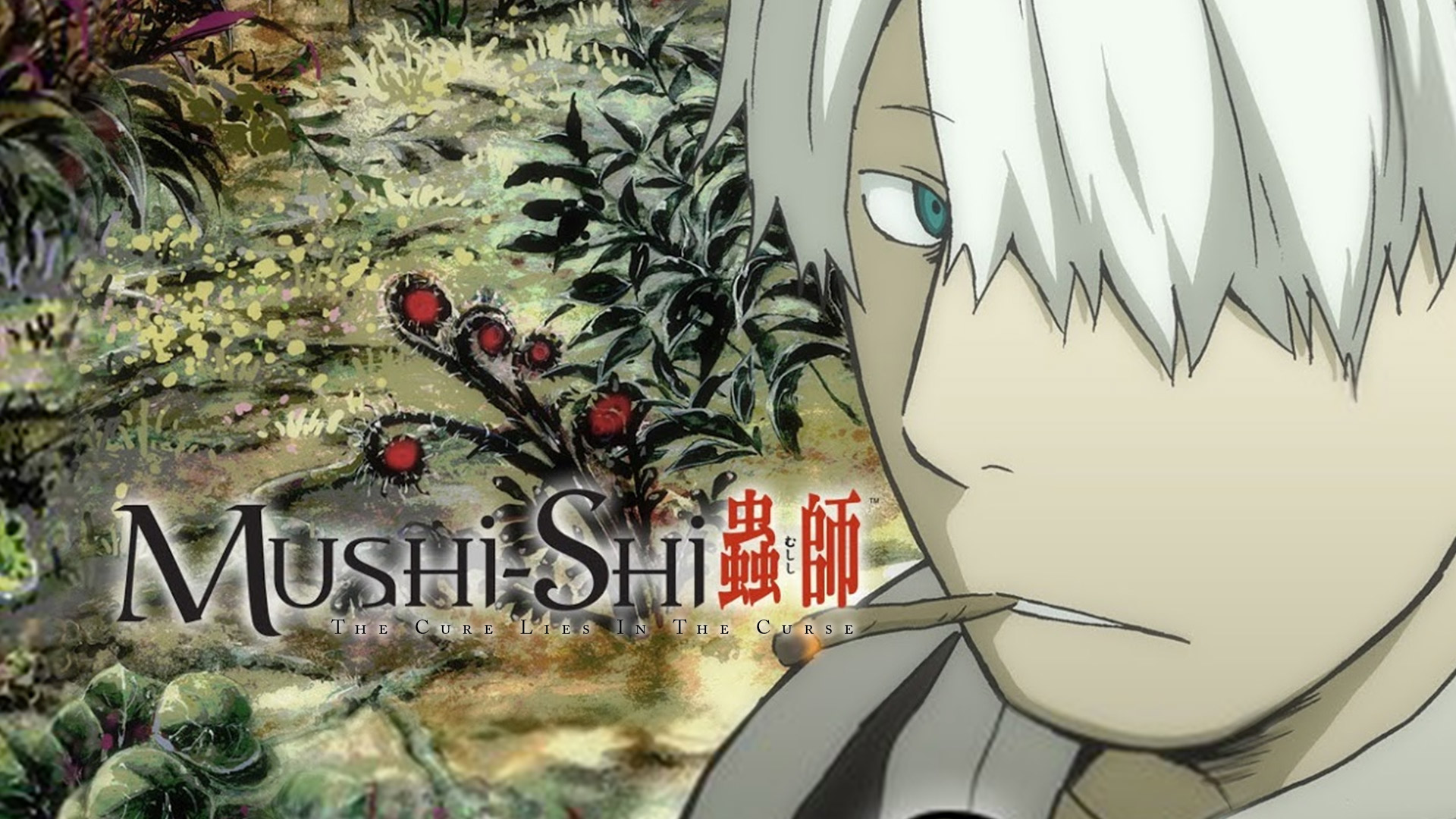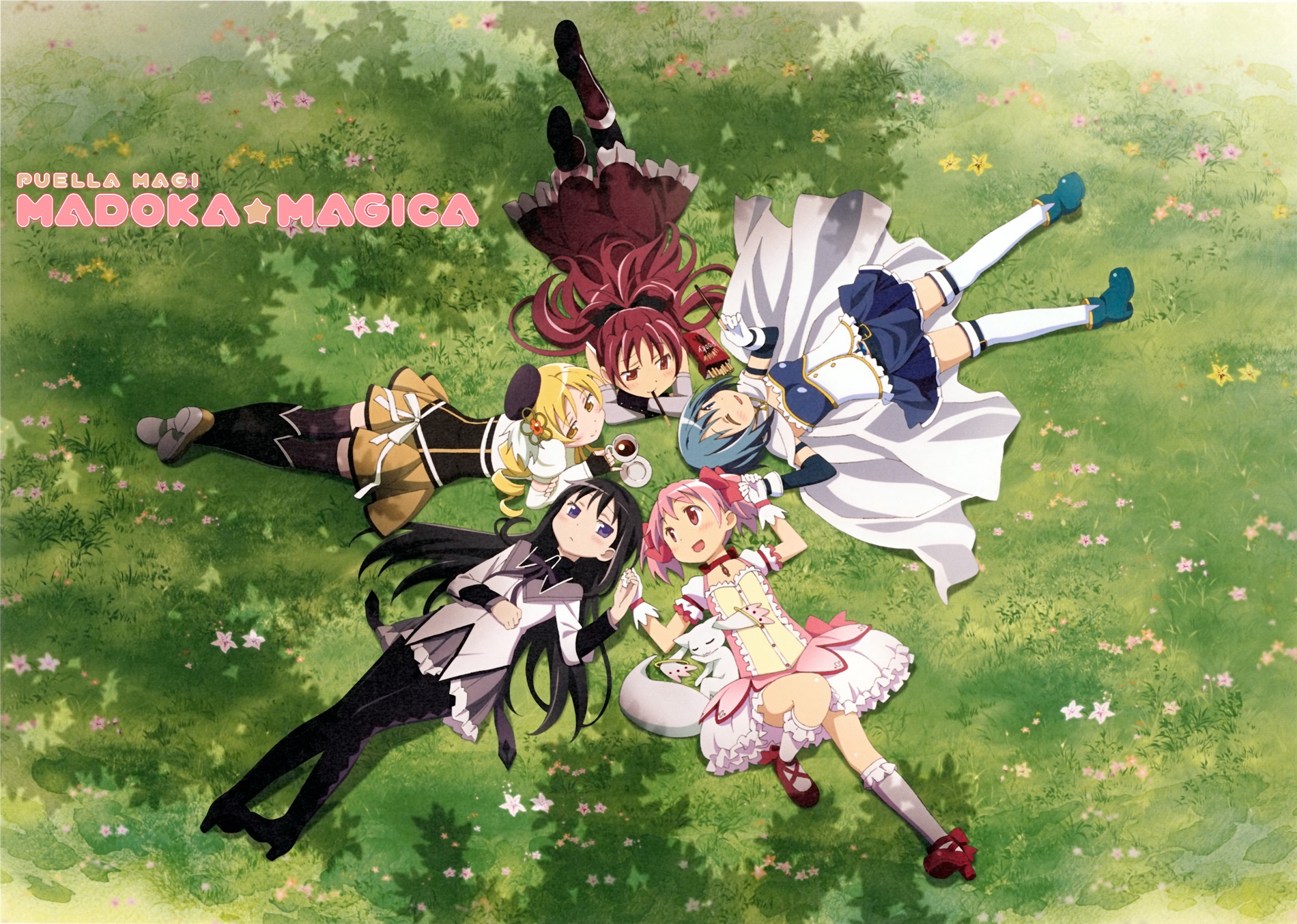Philosophy in Anime
Exploring deep themes through the world of anime
The media and dialogues attached to this page belong to their respective owners.
Introduction
I have watched quite a lot of anime, nearly touching the three-figure mark. Yet, only a select few have left a lasting impression. These are the stories that resonate deeply with my thought process, the ones that I find myself to keep coming back to during difficult times. Such stories often offer meaningful lessons for humanity by exploring the intricacies of society and human nature. Though this blog will focus on anime, let us not forget that philosophy is not confined to anime alone; there are stories across all media that will force us to think and reflect upon ourselves.
To discuss this in detail, I will touch upon the major themes of each show to highlight their philosophical aspects. So, this blog is definitely not spoiler-free, but I have tried to minimise them.
Organisation
This blog is divided into four sections: the first section focuses on the individual philosophies that people adopt for their way of living, while the later sections zoom out to look at society as a whole, and the last section culminates in posing the existential question without which this blog would be incomplete, “What does it mean to be ‘human’?”
Don’t worry much about the philosophical jargon; just dive in, and you will get the essence as you read.
Also, don’t forget to go through the quotes, as they are closely tied to the explanations :)
Lastly, the featured anime are all short (under 50 episodes). Do give them a try if you like the mentioned themes.
Ideologies
This section explores various ideologies that characters follow to achieve their goals.
Vinland Saga
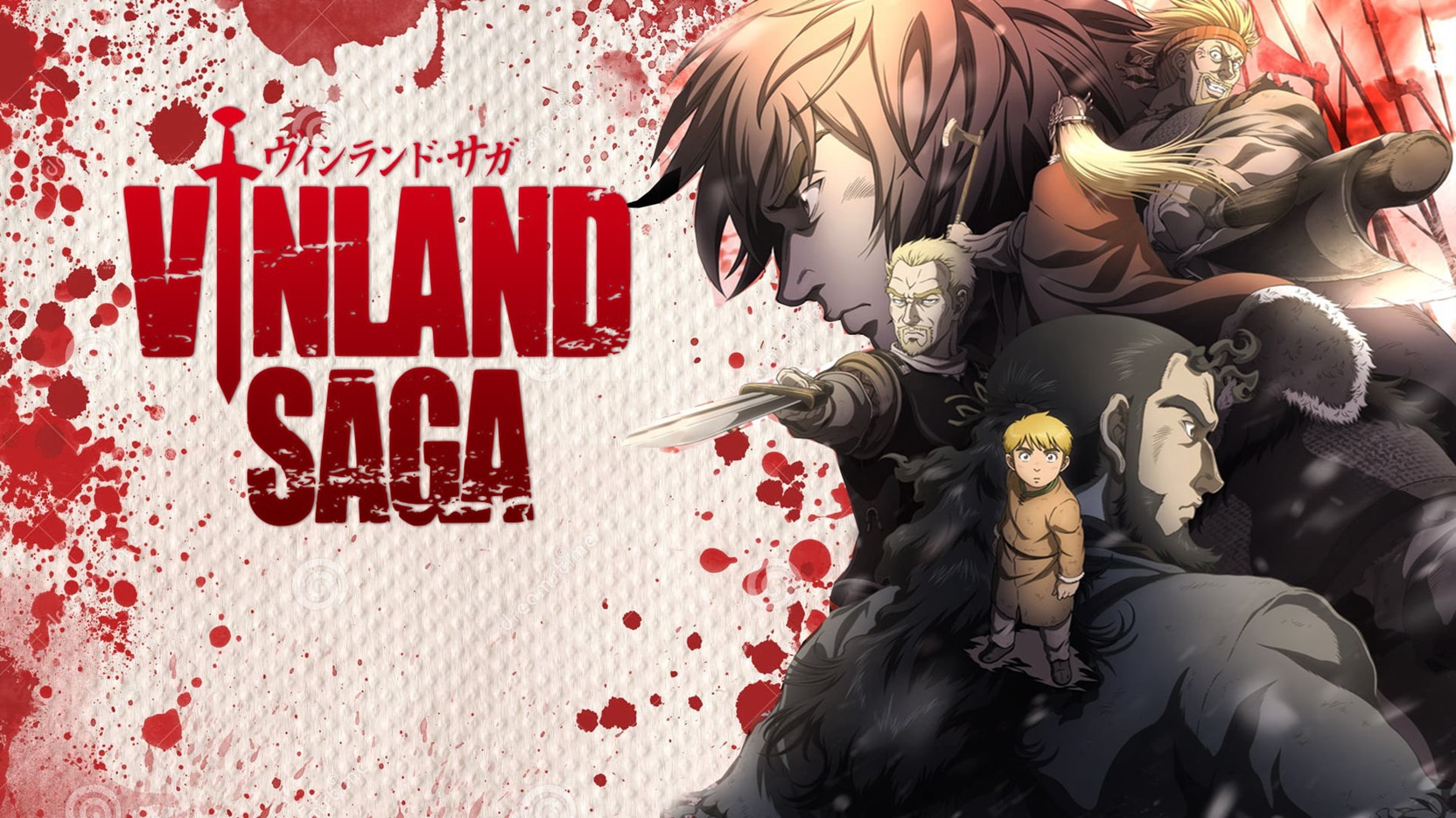 Let’s start with the philosophy of Makoto Yukimura, the author of Vinland Saga (shared on X, translated by DeepL)
Let’s start with the philosophy of Makoto Yukimura, the author of Vinland Saga (shared on X, translated by DeepL)
暴力を振るうことを、みんながもっとずっとどんどん恥ずかしく感じるようになるといいね。もうなんか、銃を撃つのとちんちん丸出しが同じくらい恥ずかしい感じになるといいね。
I hope people feel more and more ashamed of committing violence all the time. I hope it already feels as embarrassing to shoot a gun as it does to show off your dιck.
— 幸村誠 (@makotoyukimura) March 6, 2023
To explore his theme of violence, the author decided that the Viking Age and its culture would be the most appropriate setting based on its defining feature: the glorification of war. The author took inspiration from real-life historical figures and events, while filling in the unknown using his creative ideas.
The saga derives its purpose from Utopianism, a constant search for a Utopia.
Valhalla is a place that every warrior dreams to reach. But the story also explores other locations, such as Vinland, a place free from war and slavery, and Avalon, an island of everlasting spring free from death and old age. The story portrays contrasting routes taken by its characters to create such a near-perfect world.
Pacifism
Far to the west…
and across the sea..
there’s a place called Vinland
warm and bountiful, it is a distant land..
beyond the reach of slave traders…
and the flames of the war
Let’s go there together
— Thorfinn Karlsefni
The story1 follows Thors, an incredible Viking who grew tired of the constant battles and decided to surrender his warrior lifestyle. He faked his death and settled down in a peaceful village in Iceland. He taught his child Thorfinn two important lessons
- a true warrior needs no sword
- nobody has any enemies
Unfortunately, he was unjustly killed by a group of mercenaries, which set Thorfinn on a path of vengeance. The show focusses on Thorfinn’s growth as a person and his eventual understanding of his father’s ideals, after which he sets out on a path to Vinland.
Machiavellianism
I will create a worldly paradise in this land.
A place of peace and prosperity. An ideal country for those who live in suffering…
Perhaps the work will not be finished in my generation. But I will be the one to take that first bold step.
— Canute
Prince Canute initially turned to God for salvation, but after observing the Hell created by the constant fighting, he realises that there is no love in the hearts of these warriors, that these men can’t achieve salvation and enter heaven. So, Canute vows to create a paradise on Earth itself. But he soon realises the unfavourable circumstances against him that force him to use any means possible, rather than strictly moral or ethical methods to achieve and maintain his power. He probably learnt such trickery from Askeladd, who navigated the world through cunning manipulations.
Vinland Saga is thus the journey of Thorfinn and Canute to Utopianism, and the challenges faced by them that necessitate a reflection on their ideals. Let us delve into one such challenge.
Love is Discrimination
He is dead, and therefore more beautiful than anyone alive.
You might say he is love itself.
For you see…he will not hate, nor kill, nor steal.
Don’t you find that wonderful?
His body will be abandoned here…and his flesh will feed the beasts and insects.
He will be blown about by the wind…and pelted by the rain…and he will not raise a single word in complaint.
It is death that completes a man.
— Willibald
Imagine two people are about to die: one is your loved one, and the other is a complete stranger. You can only save one. Who would you choose? Here are some options:
- save your loved one
- save the stranger
- you don’t really care and flip a coin to decide who gets saved.
In such situations, most people will choose their loved ones and understandably so.
But what if the situation changes? What if you can either save your loved one or \(\ 2\) random strangers? Would you still save your loved one? What if it’s \(3\) strangers? Or even \(n\) strangers? Is there a point after which it stops being about your loved one and start being about saving more lives? Essentially, where would you draw the line? Think about it! We will revisit it later in the blog.
If you choose to save your loved one in any of the above scenario, then according to Willibald, what you think of as love is actually a form of discrimination.2
The point is, while there is no definitive right answer, you do have to make a choice and save someone. In anime, characters often face these tough, morally grey decisions, which tests their ideologies.
Anyway, I could go on and on about Vinland Saga,3 but this has already consumed six minutes of your time, and I need to cover more anime, so let us sail ahead :)
Fate/Zero
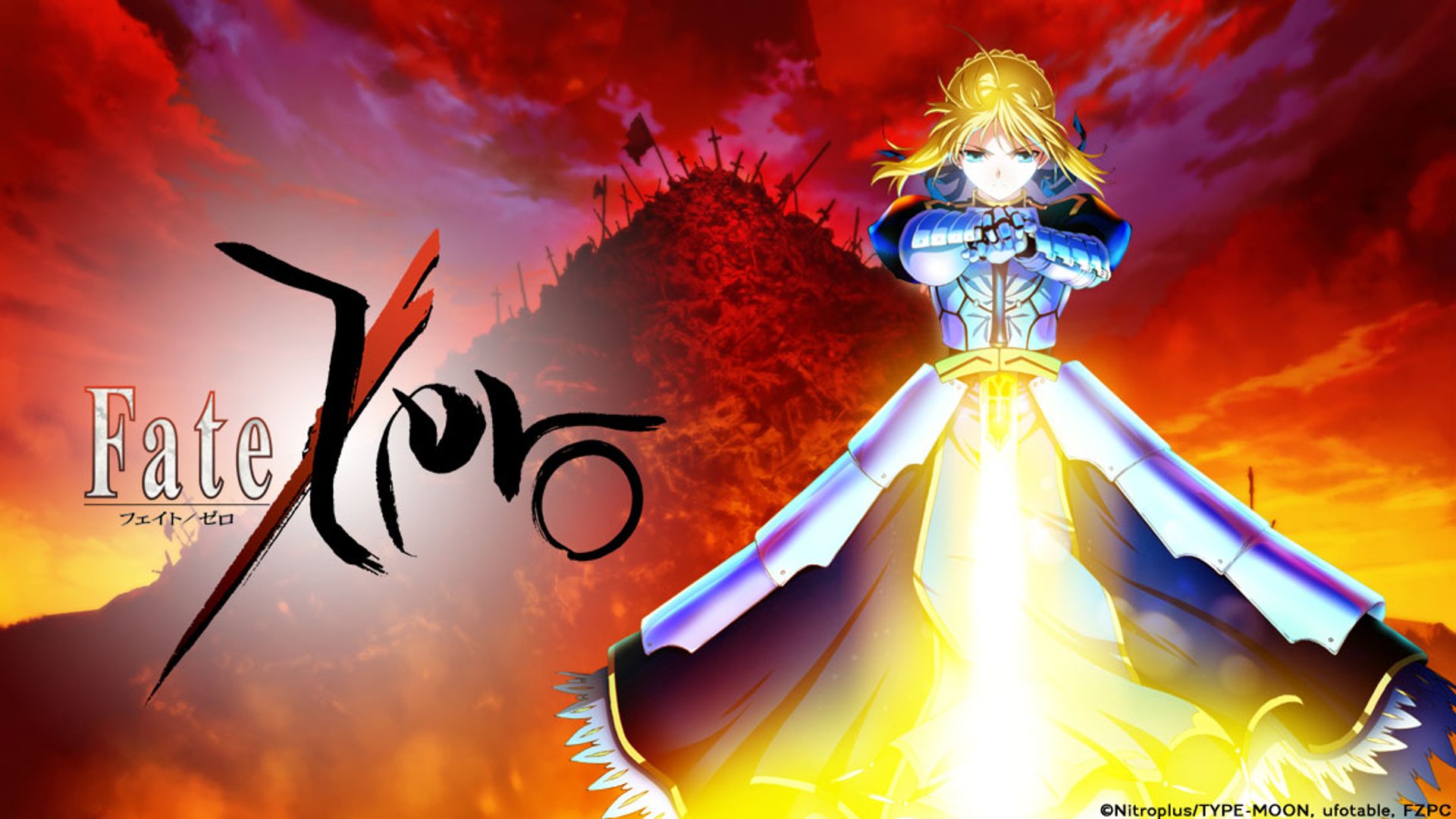 Fate/Zero4 is the ultimate battle royale for philosophy lovers. Its 14 main characters are all personification of ideals, and they clash for the ultimate prize in The Holy Grail War.
Fate/Zero4 is the ultimate battle royale for philosophy lovers. Its 14 main characters are all personification of ideals, and they clash for the ultimate prize in The Holy Grail War.
To keep things brief, I will just cover few characters and their principles.
Utilitarianism
And there you go. Our Heroic Spirit over there considers a battlefield to be better than Hell.
What a joke! A battlefield is Hell itself!
There’s no hope to be had on one. There’s nothing but unspeakable despair!
Just the soulless crime we call victory, paid for by the pain of the defeated.
But humanity has never recognised this truth.
And the reason is that in every era, a dazzling hero has blinded people with their legends and kept them from seeing the evil of bloodshed they bring.
True human nature has not advanced a step beyond the Stone Age!
— Kiritsugu Emiya
Kiritsugu’s journey can be seen as a mix of Thorfinn and Canute. Like Thorfinn, he had a traumatic childhood and dislikes bloodshed, but, similar to Canute, he’s willing to put that aside if it enables him to eradicate all evils. Throughout his journey, he’s placed in challenging situations that question his decision-making as he strives to achieve the greatest good for the greatest number of people.
If we revisit our hypothetical scenario, then Kiritsugu would choose to save \(2\) random people over his loved one (assuming their utilities are equal). In the first case, he can select to save his loved one, as the aggregate utility remains unchanged regardless.
Idealism vs Realism
I suppose having your name recorded in the history books is a form of immortality.
But if that just means your name gets passed down for two thousand years and nothing else, I’d have preferred to have even a hundredth of that added to my actual life.
— Iskander
Saber embodies the ideals of a perfect king who serves their people with selfless dedication, whereas Lancer is driven by chivalry and loyalty. There is also Tokiomi Tohsaka, who believes in upholding the noble ideals of the aristocracy. The unwavering idealistic beliefs of these characters are frequently tested against other ideals amidst the harsh realities of war.
In contrast, Iskander pursues his grand ideals with a sense of realism by remaining grounded in his heroic conquest.
Existentialism
It is a simple story.
There is nothing that brings me happiness.
It does not matter, let it be believing in people or having people believe in me.
What other people called happiness did not bring me any joy.
— Kirei Kotomine
Kirei Kotomine struggles to find meaning and purpose in his life. Fate/Zero is his journey to find identity and happiness.
Existentialism closely resembles the notion of Nihilism, which states that life is inherently meaningless. This idea gives rise to the iconic duo of Ryuunosuke and Caster, who believe in Hedonistic Nihilism, which suggests that since you only live once, one should seek personal pleasure and enjoy life to the fullest by disregarding morals or the well-being of other people.
Nihilists might not bother saving either person, since life’s meaningless anyway ;-;
Narcissism
So, you would question me, you filthy mongrel? Me, the one true king?
If you cannot now discern my identity in the presence of my magnificent glory, then your ignorant blindness will serve to seal your doom!
— Gilgamesh
Unlike most characters, Gilgamesh doesn’t desire anything because he already believes that that the world belongs to him. To him, this war is mere entertainment, feeding his huge superiority complex, which he can back it up as he’s stronger than anyone else.
That’s over half the characters done, time to jump to the next anime!
Ping Pong the Animation
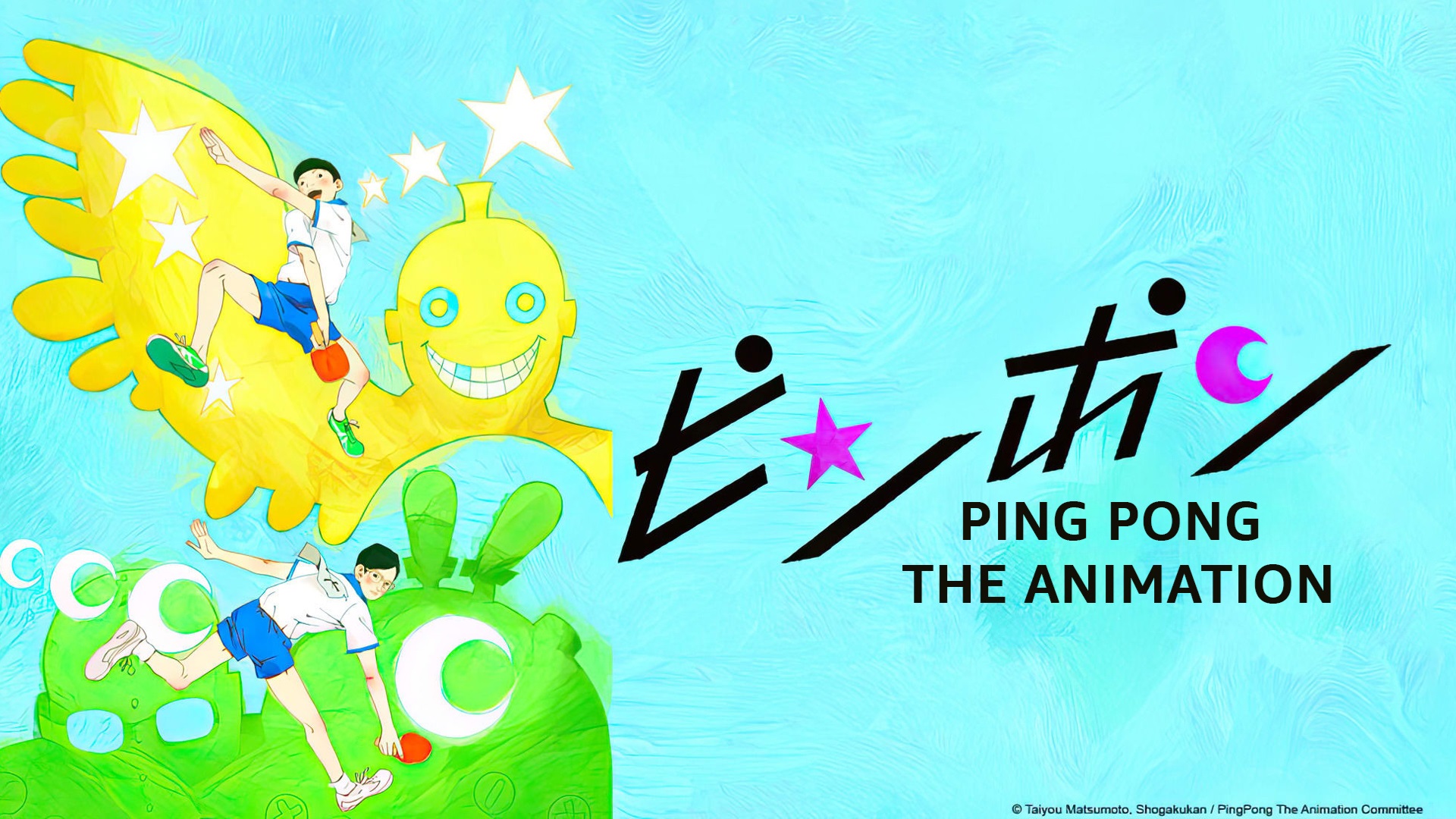 Let’s look at a different kind of war: competitive sports :).
Let’s look at a different kind of war: competitive sports :).
The thing is, talent isn’t always given to people who actually want it.
— Kazama Ryuuichi
Ping Pong the Animation5 is a character-driven drama not just about athletes but about life in general through the lens of ping pong. It explores what sport means to different people:
- some strive to be the best of the best
- some see it as a means to an end
- some play for the love of the game, while some have lost that passion.
The winners write history, and the losers are history…
I’ve seen that mentality wreck a lot of people.
— Tamura Obaba
It shows how unfair and cruel the life of athletes can be:
- some are not good enough
- some don’t have enough talent
- some stay in their comfort zones without learning from their defeats.
They have to accept that there are people who are better than them at something they are passionate about. We see how everyone fails at some level, but it is by failing that they can eliminate that fear of failure and persevere through the game.
Morality and Judgement
Humanity’s fascination with the idea of morals has not only significantly influenced individual lifestyles but also impacted its philosophy of religion, politics and law. While morality deals with deciding what is right and wrong, judgement is the process of making such decisions.
This section discusses the interesting ways this concept is explored in anime.
Psycho-Pass
The opposite of boredom is not pleasure…but excitement.
People will gladly seek out any kind of excitement, even pain.
— Shougo Makishima
Imagine a world where everyone’s mental state is constantly measured by a powerful computing system.6
This system’s primary responsibility is to utilise its superior decision-making ability to maintain constant vigilance in the country. It accurately quantifies every individual’s likelihood to commit crimes using their Crime Coefficient. Once this coefficient of an individual increases beyond a certain level, they are classified as criminals and become eligible for legal action. However, observe that no individual actually commits a crime. Their criminality is solely determined by their current mental state and by the belief that they will inevitably commit a crime unless preventive measures are taken.
Can you truly trust such a system? Well, such intelligent systems could be beyond our understanding, much like how humans perceive animals as beings incapable of comprehending our thoughts.
Psycho-Pass explores one such world while addressing the themes of
- Misclassification in judgment (classifying an innocent as a criminal or vice versa) and the consequences
- Overdependence on such systems and the quality of life
From the New World
All problems come from the human mind.
In the mind, one’s consciousness is just the tip of the iceberg.
What lies beneath the surface…the subconscious…is far more vast.
— Shun Aonuma
From the New World aka Shin Sekai Yori7 is another anime that aired in the same anime season as Psycho-Pass. It tackled similar themes as Psycho-Pass, but in a fantasy setting where some people have magical powers. A key difference is in the judgement; instead of an objective and accurate method like above, FEAR of a false negative takes over. Due to the magical system, the possibility of an individual’s powers spiralling out of control always exist, which causes the judgment system to be more defensive, resulting in countless false positives.
The anime also presents a unique ‘solution’ to address the difference in power between individuals with magical abilities and those without, giving rise to a rich and complex philosophical discourse.
Death Parade
Honestly, you should just watch the first episode. Trust me, it’s best if you go in blind for this one.
Humans all behave the same way, like idiots.
They all forget that someday they’re going to die,
so the moment they come face to face with death, they cling to life.
— Ginti
The concept of Death Parade8 is pretty simple – people play a life-and-death high-stakes game, and that’s all the information they are told; but where Death Parade shines the most is in its realistic portrayal of complex and flawed human nature. It doesn’t just paint people as good or bad but instead unveils their morally grey nature. It shows how almost everyone resorts to unfair means when their life’s on the line (and understandably so). It makes you wonder about the breaking point of anyone you encounter and when they might abandon their morals for their own benefit.
Moreover, it raises the fundamental question of whether it is truly possible to judge another human being even when you know everything about them.
Determinism and Fatalism
Steins;Gate
If you want to grant your own wish, then you should clear your own path to it.
— Rintaro Okabe
Steins;Gate delves into ideas related to Free will, questioning whether our choices are truly our own. It explores the themes of Determinism, which states that all events are caused by actions external to the will, and Fatalism, which believes that all events are predetermined and, therefore inevitable. Through these, the story asks whether the characters have personal agency, i.e., control over their own life, even if their actions are limited by someone or something.
Remembering something that no one else can is a painful thing.
You can’t talk to anyone about it. No one will understand you. You will be alone.
— Rintaro Okabe
The story also tackles loneliness and its strong psychological impact on our protagonist, where his experiences and memories set him apart from those around him.
I’ve only lived 18 years, but I don’t want to change any of them.
They’re all part of my life, even the failures.
— Kurisu Makise
Another theme the story brings up is the Butterfly Effect, if you could go back and change the past, would you? On the surface, it seems obvious: why not, right? this can be used to correct past failures. But think harder! How often has a single decision had a major influence in the course of your life? And, those were choices that you made! With the Butterfly Effect, even a tiny, background change in the past could ripple into chaotic consequences in the present.
Lastly, it also discusses the Philosophy of Identity. Consider the thought experiment of the Teletransportation Paradox, where a hypothetical machine records one’s molecular composition and re-creates them exactly using the same composition. Now, does the re-created person have the same personal identity? Steins;Gate uses a similar concept but uses memories of the person and Steins;Gate 0 goes further into its Ethics by feeding these memories into a conscious self-aware artificial intelligence (AI). More on this in the coming section, which is all about identity.
Beyond Anthropocentrism
Anthropocentrism is the belief that human beings are the most important entity on the planet and that they are superior to other living and non-living entities.
The anime present in this section challenges this worldview in various ways.
Anthropomorphism
Land of the Lustrous
To the Lunarians, I look like a gem, and, to them, I look like a Lunarian…What am I?
— Phosphophyllite
The Ship of Theseus is a thought experiment exploring the nature of identity. It poses the scenario where the damaged parts of a ship are gradually replaced with new ones until none of the original parts remain. This leads to the central question of Mereology: Is it still the same ship?
- If yes, then imagine we took all those damaged parts and reconstructed the ship using them. Shouldn’t this reconstructed ship be considered as the true original?
- If not, then where is the boundary? i.e., as we remove parts one by one, when does the ship cease to be the original? This is the Sorites Paradox – the problem of vague boundaries.
Someone like you, who is beloved even on the moon…
couldn’t understand what it feels like to be lonely.
— Cinnabar
Land of the Lustrous is set in the far future, where humanity has gone extinct and new ‘human-like’ lifeforms have emerged. One such lifeform is made of crystalline gems. These gems are practically immortal, as they can be reassembled even if they break apart. Apart from the Ship of Theseus problem, their immortality gives rise to extreme existentialism as with an infinite amount of time at their disposal, the gems struggle to understand their purpose in the world and the meaning of their life.
The anime draws strong parallels with Buddhism9, both thematically and visually, using its teachings to explore the aforementioned issues. Through the story of different lifeforms and our main character Phosphophyllite (Phos), it deconstructs the human nature using the three marks of existence: Anicca (Impermanence), Dukkha (Dissatisfaction), Anatta (No-self). It also references the idea of the Seven Treasures of the Treasure Tower, the possession of which ensures a purposeful life.
Posthumanism
Posthumanism is a critical response to anthropocentrism, in which entities other than ‘natural’ human beings are also included in the societal structures. We have already seen the example of Psycho-Pass, where AI plays an integral part in the society and From the New World, where Superhumanism is present.
This section presents three more anime with superhumans.
Devilman Crybaby | Parasyte | Elfen Lied
Someone please like me as I am…
and let me like myself,
let me give a damn
This whole thing is terrifying
but you gotta know that I’m trying
And I ain’t just living by not dying
— Kukun
Each of these series explores the tragic impact of the spread of a supernatural infectious entity, which enhances the physical capabilities of some infected individuals, albeit with some drawbacks. However, each series presents this theme differently, from mutual cooperation between them and humans, to the dominance of one species over the other. This results in entirely different outcomes by the end, ranging from minor disturbances in the neighbourhood to the annihilation of the world.
Ecocentrism
Mushi-shi
Let’s say these four fingers represent animal life and your thumb is plant life.
Humans are here…on the tip of the middle finger, farthest from the heart.
The farther you go down on your palm from there, the lower the life forms become.
Microorganisms are around your wrist, where your blood vessels combine into one.
Yet, there is life still past this point…
Go up your arm…and past your shoulder…
And the life…that is around your heart…is ‘Mushi’.
— Ginko
Mushi10 are a mythic lifeform that is life in its purest form. Mushi’s effects on humans range from helpful to harmful to downright malicious, often leading to conflict between humans and Mushi. Ginko’s role as a Mushi-shi is to resolve these conflicts. He holds a unique perspective, believing that Mushi are not inherently evil but are simply trying to live, just like any other creature. Unlike other Mushi-shi who merely exterminate Mushi, Ginko goes beyond what is necessary to understand the Mushi, how they fit into the cycle of life to arrive to a solution that helps not only people but also Mushi. The story goes further beyond by acknowledging the role of nature and its elements in sustaining life, through the ideas of The River of Light and the Mountain Lord. These ideas reinforce the interconnectedness of all living things, blurring the line between the living and non-living.
This approach, likely inspired by the Japanese religion of Shintoism, aligns well with the theme of Ecocentrism, a nature-centered approach to environmental philosophy.
Though, this section hasn’t even discussed the surreal portrayal of human emotions and struggles, which represents another significant theme of the story.
If you could see everything but couldn’t change any of it, or
if you could live in freedom in darkness…
Which do you think is more fortunate?
I think it might not be that bad living in the dark, remembering the light.
— Amane
Anti-Anthropocentrism
Puella Magi Madoka★Magica
Another show where you really need to go in blind.
Do you feel any guilt or remorse for the livestock you consume?
Have you ever thought about how those animals become the food you eat?
Your reaction isn’t very rational.
If you don’t like the things you saw just now, I’m afraid you’re missing the big picture.
Humans chose livestock to be food.
In exchange, they’re fed, allowed to reproduce and protected from predators all their lives.
Cows, pigs, and chickens have a much higher rate of survival in captivity, more than they would in the wild.
So you see, the relationship is mutually beneficial for both parties.
— Kyubey
On the surface level, Madoka★Magica11 is a show about magical girls battling ‘witches’ who bring upon people despair. It features young girls who gain extraordinary powers from Kyubey in exchange for a single wish. However, it is later revealed that Kyubey is a member of an advanced alien species known as the Incubators, whose ulterior motive is to delay the heat death of the universe by harnessing the emotions of these magical girls. To the Incubators, humans are not unique; they are merely tools to achieve a greater cosmic purpose, much like how we utilise livestock. This is ultimately a noble cause, but we see how humanity struggles to accept its own insignificance in the grand scheme of things and how it antagonises the idea of anti-anthropocentrism that humans are just one of many forms of life, who are all subject to the same indifferent forces like entropy that govern the entire universe.
Conclusion
The purpose of this blog was to highlight through anime, the idea of thinking more deeply about life and what it all means. I hope you had a fun time reading this stupidly long post and got something valuable from it.
Additionally, this blog serves as a recommendation list of some highly entertaining shows. If you are looking to get started with philosophy, I highly suggest Kino’s Journey (2003).
Check out my BAC spotlight to know more about this anime.
External Links
Actually, I am planning to write a dedicated Vinland Saga blog in the near future! Stay tuned! ;) ↩︎
Ping Pong The Animation: A Thematic Overview – Aleczandxr ↩︎
